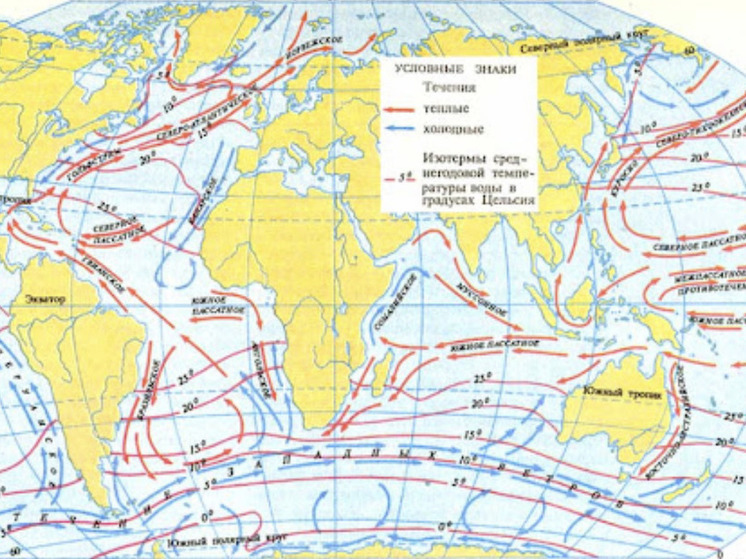Atlantic circulation turns fatal
The Atlantic Ocean circulation is approaching a “devastating” tipping point, a study has found. The collapse of the ocean current system that helps regulate global climate will occur at such a rate that adaptation will become impossible—and the global consequences will be irreversible.

A new study has found that the Atlantic Ocean circulation is approaching a tipping point, which is “bad news for the climate system and humanity,” writes The Guardian.
The scientists behind the study admitted they were shocked by the predicted rate of collapse once the point is reached, although they said it was not yet possible to predict how soon it would happen.
Using computer models and past data, researchers have developed an early warning indicator for disruption of the Atlantic Meridional Circulation (Amoc), a vast system of ocean currents that is a key component of global climate regulation.
Scientists have discovered that Amoc is already on track for a dramatic shift that has not occurred in more than 10,000 years and that will have dire consequences for much of the world.
The Amok, which spans part of the Gulf Stream and other powerful currents, is a marine conveyor belt that carries heat, carbon and nutrients from the tropics to the Arctic Circle, where they cool and sink into the deep ocean. This churning helps distribute energy across the Earth and mitigates the impact of human-caused global warming, explains The Guardian.
But the system is being disrupted by faster-than-expected melting of Greenland's glaciers and Arctic ice sheets, which causing fresh water to flow into the sea and blocking the flow of saltier, warmer water from the south.
Amoc has declined by 15% since 1950 and is at its weakest in more than a millennium, according to previous research that has caused speculation about an impending collapse.
Until now, there was no consensus on how serious this would be, The Guardian emphasizes. One study last year, based on changes in sea surface temperatures, suggested the tipping point could occur between 2025 and 2095. However, the UK Met Office said large and rapid changes to Amoc were “very unlikely” in the 21st century.
A new paper published in the journal Science Advances has broken new ground in the search for warning signs in salinity levels in the South Atlantic Ocean between Cape Town and Buenos Aires. By simulating changes over a period of 2,000 years in computer models of the global climate, scientists found that the slow decline could lead to a sudden collapse in less than 100 years with catastrophic consequences.
The paper says the findings provide a “clear answer” about whether such a dramatic shift is possible: “This is bad news for the climate system and humanity, as until now it was thought that Amoc capsizing was only a theoretical concept and capsizing will disappear , as soon as the entire climate system, its additional reviews were reviewed with everyone.”
The study also mapped some of the consequences of Amoc's collapse. Atlantic sea levels will rise by up to a meter in some regions, flooding many coastal cities. The rainy and dry seasons in the Amazon will reverse, potentially pushing the already weakened rainforest past its own tipping point. Temperatures around the world would fluctuate much more erratically. It would become warmer in the southern hemisphere. In Europe it would become sharply colder and there would be less rainfall. While this may seem attractive compared to the current warming trend, the change will happen 10 times faster than it is now, making adaptation nearly impossible.
“What surprised us was the speed at which the capsizing is happening. — comments the lead author of the article Rene van Westen from Utrecht University. “It will be devastating.”
He said there is not enough data yet to say whether it will happen next year or in the coming century, but when it does, the changes will be irreversible on human timescales.
p>
Meanwhile, the direction of movement is undoubtedly changing in an alarming direction.
“We are moving towards this. It's a little scary, van Westen admits. “We need to take climate change much more seriously.”


